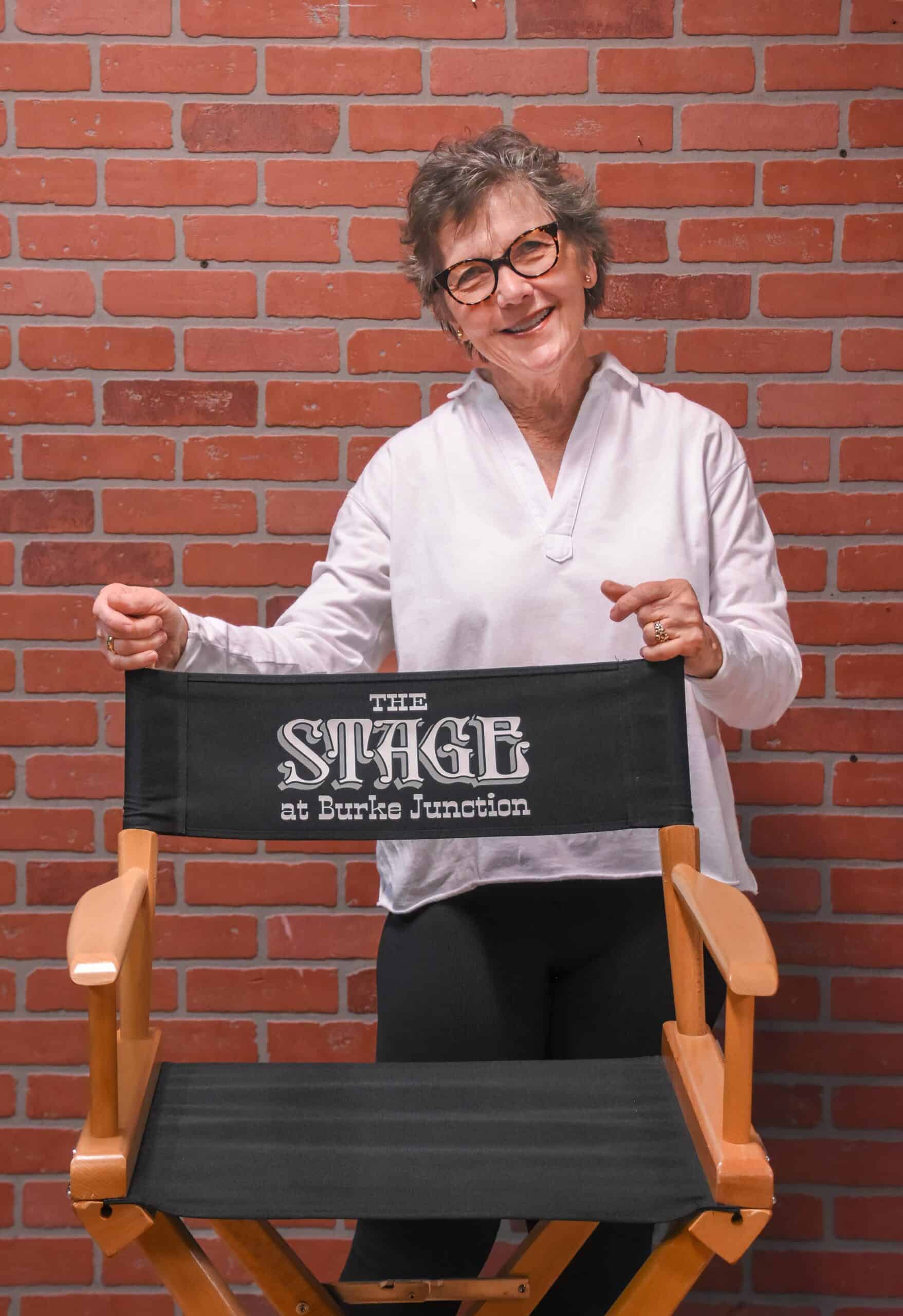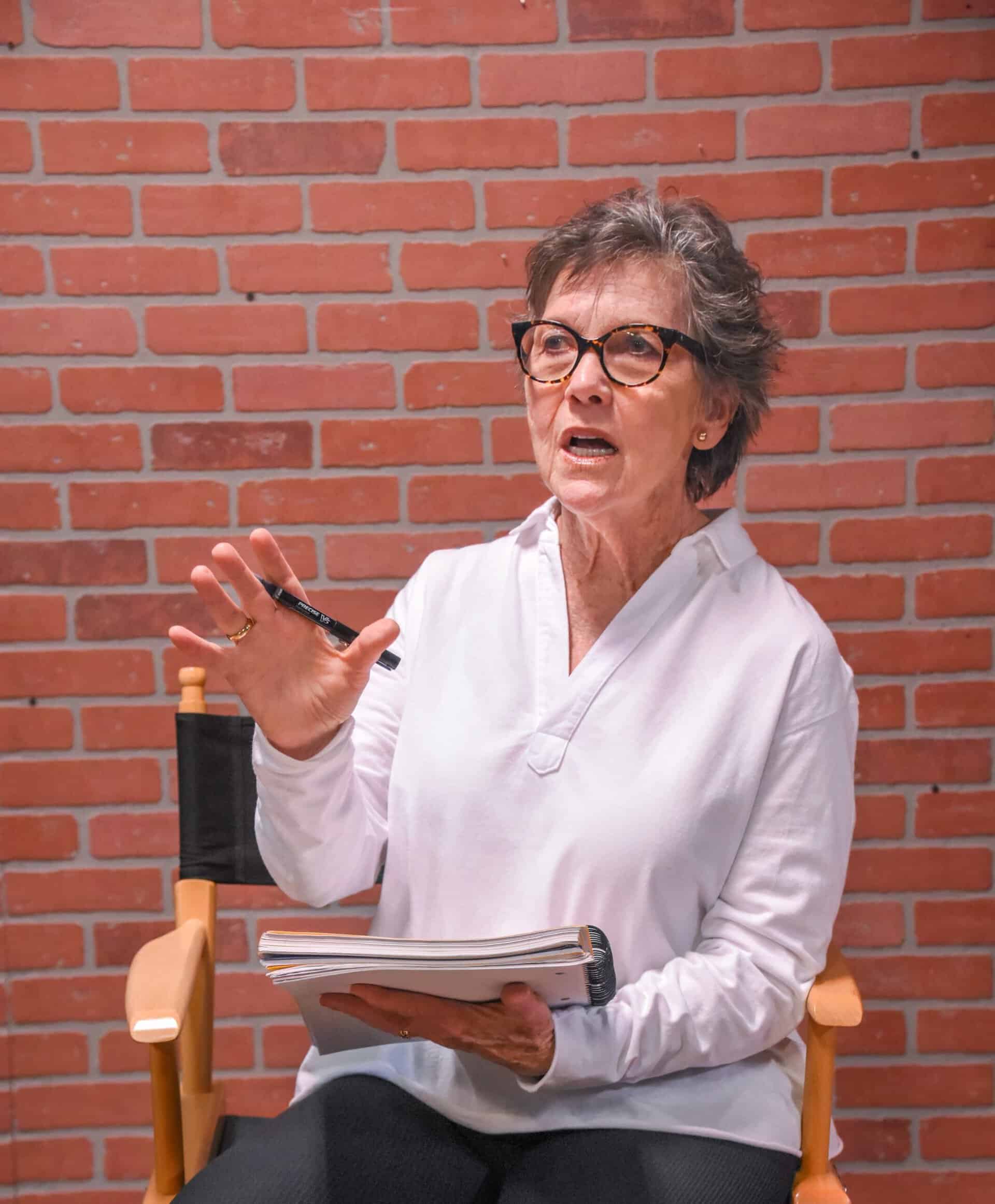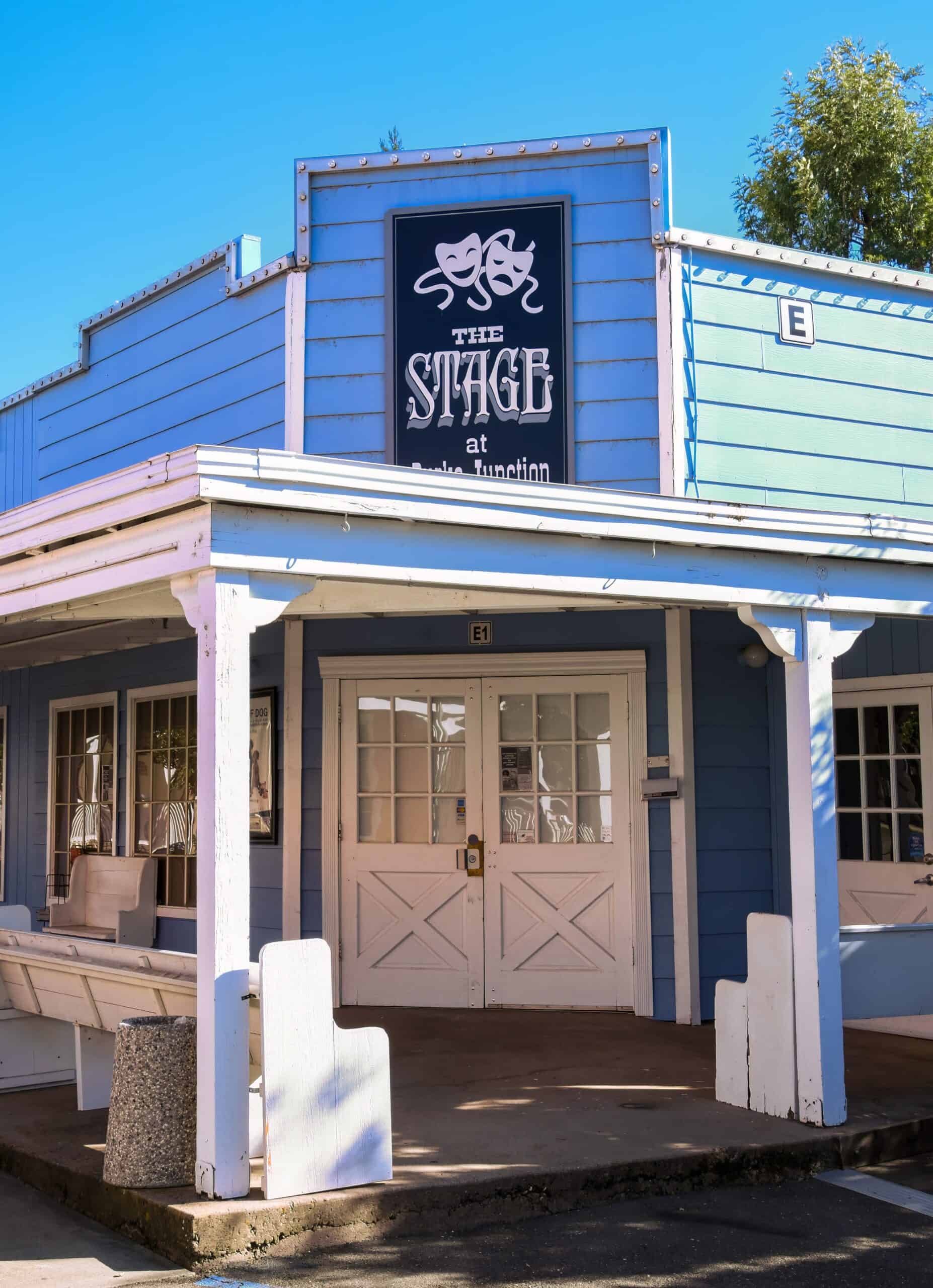Charlotte Higgins



Charlotte Higgins, a local novelist, essayist, and playwright, is poised to author the next act of her remarkable career as she embarks on a residency at The Stage at Burke Junction, a local nonprofit theatre company based in Cameron Park. The residency will begin with a production of Charlotte’s latest play, “Alabama Women”, in November. During the residency, Charlotte will also facilitate a playwrighting workshop for the community before workshopping her own play, “Rogues”, at the Stage.
Born in Fairfield, Alabama, Charlotte knew in junior high that she would grow up to be a writer. Soon after graduating from the University of Alabama, she relocated to San Francisco, where she made her living writing in different modes—journalistic, corporate, and finally creative. Already a seasoned writer, Charlotte encountered “an entirely different animal” in writing for the stage, and soon cofounded a theater company where she performed her own works. By the time she and her wife, Irene Goleski, moved to El Dorado County nearly three decades ago, she had committed herself fully to playwrighting.
As Charlotte enters her residency at Burke Junction, her literary imagination is at an inflection point. While Charlotte’s celebrated oeuvre blossomed from the fertile ground of her Alabaman upbringing, her latest play, “Rogues”, digs into the rich soil of Gold Country. “’Rogues’ is the first play I’ve written that doesn’t take place in the South,” Charlotte explains. “It’s actually kind of Placerville, although I’ve given it a fictional name. It seems I’ve gotten the South out of my system, for a little while, at least.”
While the change in setting may seem a radical departure, her underlying focus remains the same: small towns and those who live in them. “I wrote a lot about the South, but my themes are universal,” Charlotte says. “I love small town writing. I don’t write about Manhattan apartment buildings. I write about rural people.”
In Charlotte’s plays, those rural people often exist at a confluence of social issues, but her plays are not polemical. “I don’t want to write a play that will beat people over the head with a message. There is nothing more brutal that you can do to an audience, and nothing that they resent more,” she laughs. “My intention is to tell an honest story, to be truthful, and to tell it as much from the heart as I can tell it, and then let the audience decide how they feel about it.”
Although “Rogues” may be a mere set-change in the ongoing production of Charlotte’s dramatic corpus, her residency at Burke Junction represents an entirely new script, opening the curtain on a new form of engagement with the place that she has long called home. Charlotte, unable to find venues on the Western Slope, has staged her plays in neighboring cities not by preference, but by necessity. In The Stage at Burke Junction, she has found a stage to match her scripts. “It’s a lovely jewel box of a theatre,” Charlotte says of Burke Junction. “It’s right in our backyard, and they’re doing edgy, interesting work, and they’re doing it well.”
From this jewel box, Charlotte will pluck talented artists, engaged audiences, and something even more precious: an opportunity for service. “I saw this residency as an opportunity to give back to this community,” Charlotte says. She intends to raise funds for a free workshop for at-risk youth, where they could “tell their stories in a safe, welcoming environment.” She also hopes to spotlight—and remunerate—talented artists in the community, especially young people. “The arts are incredibly important for the character and soul of a community. We should do everything we can in the world to support them. If I have to be a busker for the arts, well, I’ve done it before,” she laughs.
In the meantime, Charlotte can be found working on “Rogues”, whose cast of female caregivers she describes affectionately as “feral cats”. “I sit down in the morning and my characters walk into the room, and I just say, ‘What are you going to do today?’”
